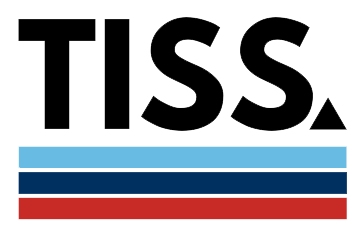Wielding American Power
Wielding American Power
As part of the Wielding American Power project, researchers tried to define the scope and limits of American power and asked what they should be. Funded by the Carnegie Corporation and spearheaded by Peter Feaver and Bruce Jentleson, the project focused on the role of American power in the post-9/11 world.
Consistent with the broad TISS mission, Wielding American Power brought together teams of interdisciplinary scholars. Allen Buchanan and Robert Keohane focused on normative issues of legitimacy raised by preventive war strategies. A group made up of Peter Feaver, Christopher Gelpi, Jason Reifler, and Ole Holsti addressed the crucial political dilemma of US public opinion regarding the use of force. Steven Wilkinson’s group examined the impact of economic liberalization on ethnic conflict. A group led by Bruce Jentleson reviewed the policy relevance of Carnegie’s International Peace and Security Self-Determination grants program.
The theory that the American public is willing to accept casualties provided that they see the possibility of victory was an one that struck a chord given the United States’ ongoing war in Iraq.
The project resulted in a number of publications, including To See Ourselves as Others See Us: How Publics Abroad See the United States After 9/11 by Ole Holsti (University of Michigan Press, 2008), Paying the Human Costs of War: American Public Opinion and Casualties in Military Conflicts by Christopher Gelpi, Jason Reifler, and Peter Feaver (Princeton, 2009), and “The Preventive Use of Force: A Cosmopolitan Institutional Proposal” which Allen Buchanan and Robert Keohane published in Ethics and International Affairs in 2004.
